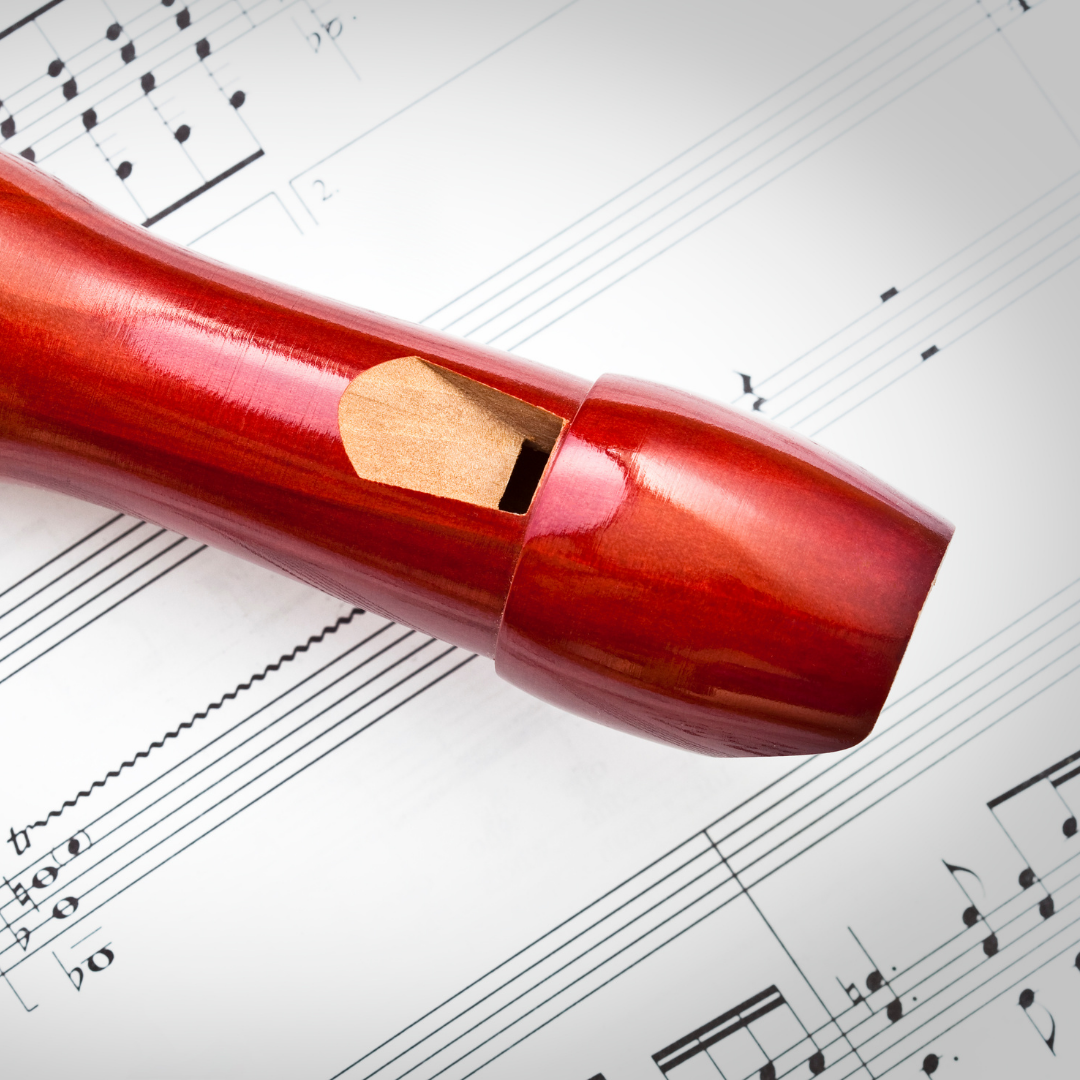A flute is a musical instrument that has a cylindrical bore and produces its sound from the vibration of metal reeds set into its mouthpiece. It is one of the oldest and most popular wind instruments.
Flutes are made from different types of materials such as wood, bamboo, metal, or plastic. To keep your flute in good condition, it is important to clean it regularly.
However, before cleaning your flute it is important to remember that there are a few different ways to clean your instrument, depending on the material it has been made of. Let’s discuss some practical flute cleaning tips.
How to clean a wooden flute
If your flute is made of wood, you will want to use a soft cloth to clean it, and then apply a light coating of almond oil to the wood. This stops the flute from drying out completely or cracking.
You can also use a wooden bore rod threaded with a soft piece of cloth to remove any excess moisture from inside your instrument. A q-tip or cotton wool bud is ideal for cleaning embouchure and tone holes.
It can take some time for wooden flutes to develop their voice. Accordingly, gentle, daily playing and regular oiling and cleaning will help the instrument to become easier to play.
A bamboo flute can be cleaned in the same way. Again, some oil will stop your flute from becoming too dry, although, for a bamboo flute, mustard oil is typically better.

How to clean a metal flute
To clean a metal flute, first, unscrew the pieces carefully. When disassembling your instrument do not touch the keys or keypads as these can become damaged.
You can then use a cloth attached to a cleaning rod to clean the inside of the flute. Make sure the cloth is wrapped around the entirety of the rod. This should prevent the inside of your flute from being scratched.
Insert the rod into each section of the flute and gently twist and slide the rod up and down and side to side. The cloth will remove any dust or moisture ensuring that it is as clean as possible.
Once the inside of your instrument is back to its best, you might be wondering how to clean the outside of a flute. To remove any grease or fingerprints, polish the outside of the flute with a microfiber cloth.
Try to focus on the ends of the instrument where the separate pieces are attached. You can also use a cotton swab to reach any dust that has built up between the keys. Cleaning the keys can be tricky so take your time.
For the embouchure hole, dip a cotton swab in rubbing alcohol and apply it to the lip plate to kill off any germs. This will also ensure that the flute has been properly cleaned if it is shared by more than one person.
Once all of the dust and grease have been removed, you can use silver polish to prevent your instrument from becoming tarnished. Apply a small amount of anti-tarnish polish to a clean cloth or a cotton swab and delicately polish the body of the flute.

How to clean a plastic flute
If your flute is made of plastic keeping it clean is much easier. Most recorders are made from plastic, but there are still some wooden and metal ones so it is important to choose the right cleaning method based on the material your flute is made of.
If this is your first time owning a plastic flute, you might find yourself wondering can you clean a flute with water? Fortunately, plastic flutes are some of the easiest instruments to clean.
Keeping your plastic flute clean and in good condition using soap and water will allow you to enjoy it for many years to come. By following the simple steps below, your instrument will always be free of dirt and grime and ready to play.
- Fill a sink or basin with warm water and add a mild detergent. Swish the water around to create suds.
- Immerse the flute in soapy water and use a soft cloth to wipe down the entire instrument, being sure to get into all the nooks and crannies.
- Rinse the flute thoroughly in clean water.
- Dry the flute with a soft, lint-free cloth. You can also use a hairdryer on the cool setting to speed up the drying process or leave it to air dry if you do not need it straight away.
- If you notice any smudges or fingerprints on the flute, use a clean cloth to gently buff them away.
Flute maintenance is easy when you know how
If you play the flute, it is important to keep it clean. Not only will this help your instrument sound its best, but it will also help protect your investment.
In this article, we have outlined some simple steps that you can take to clean your flute and keep it in good condition. Follow these tips and you’ll be able to keep your flute playing beautifully for many years to come.
